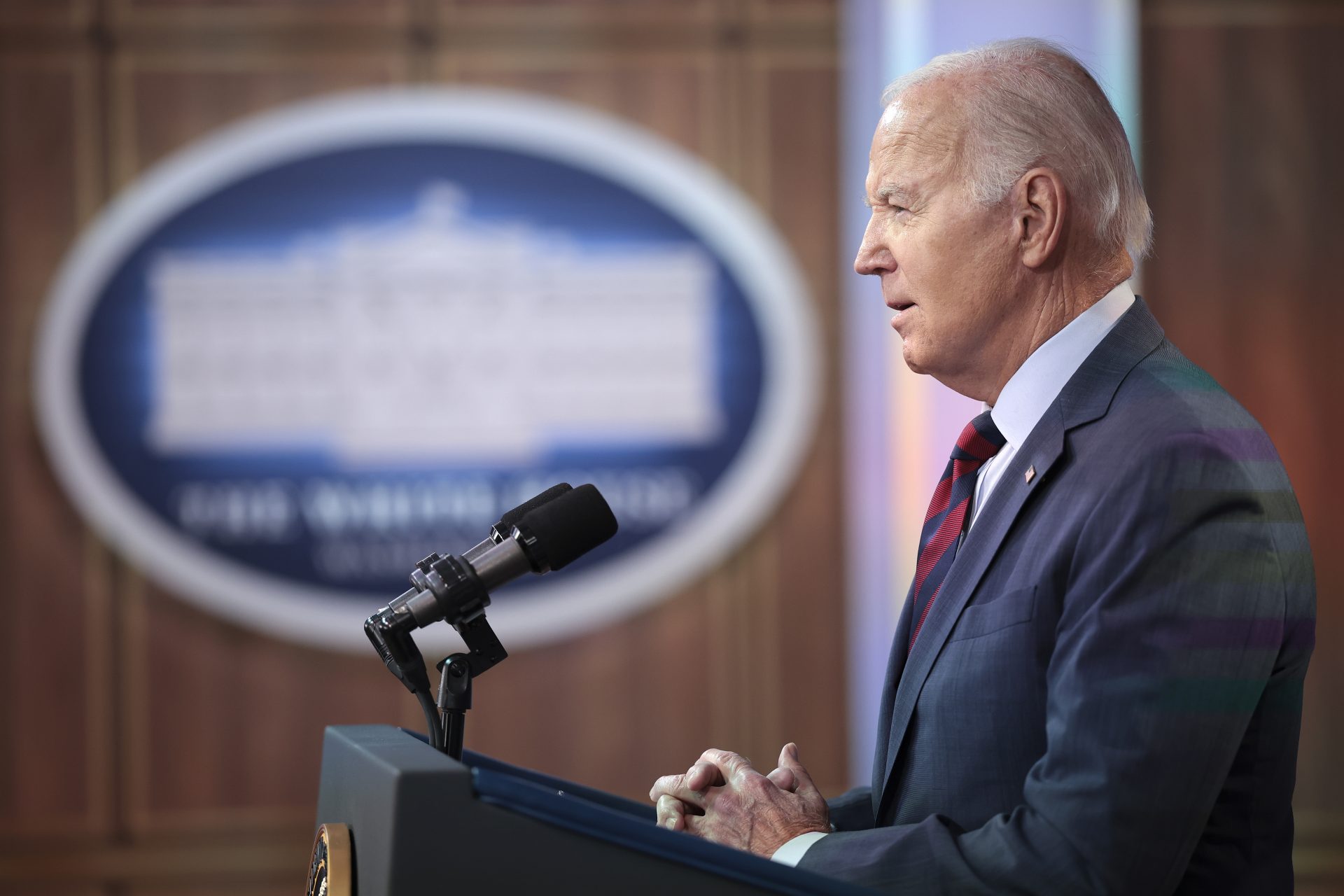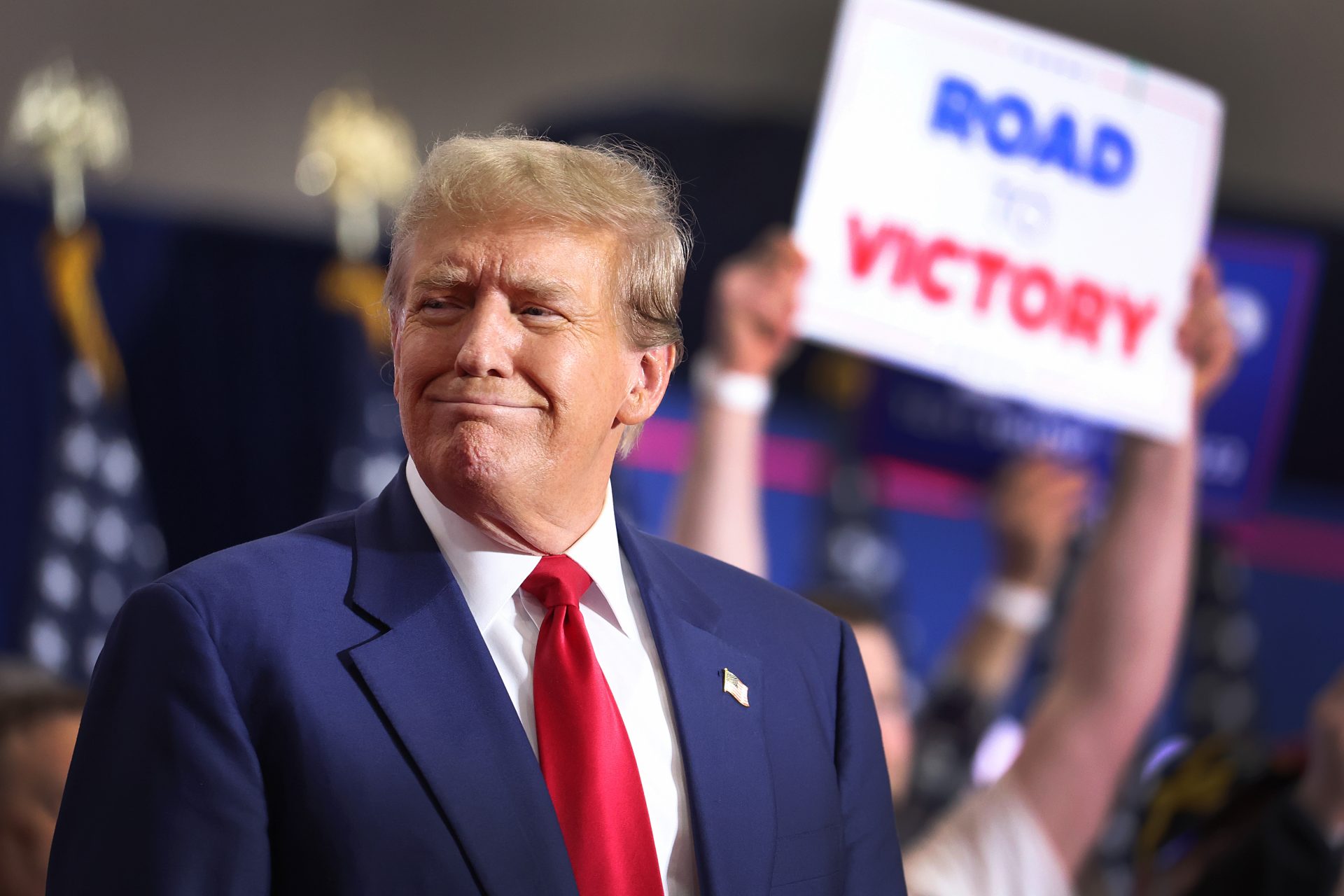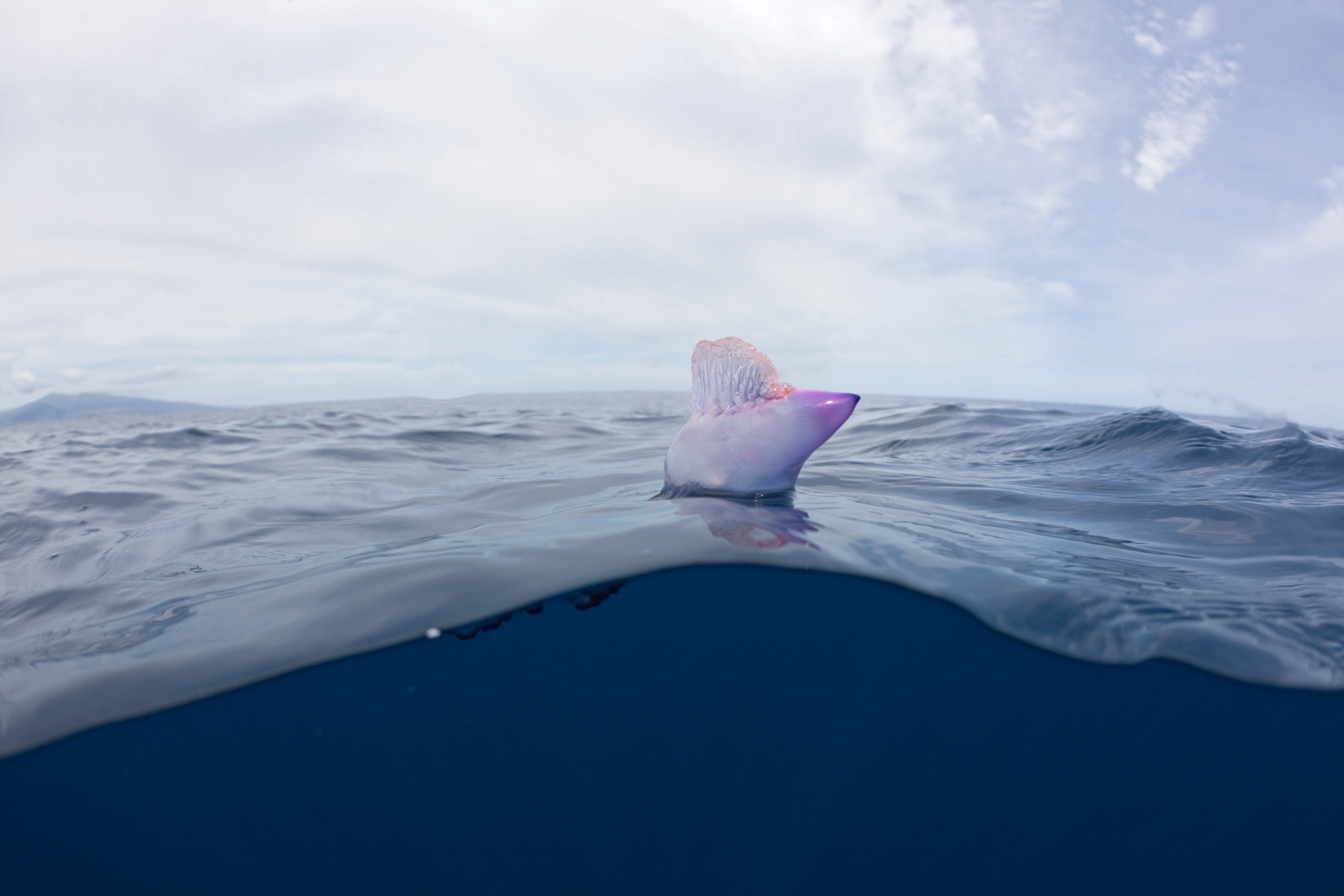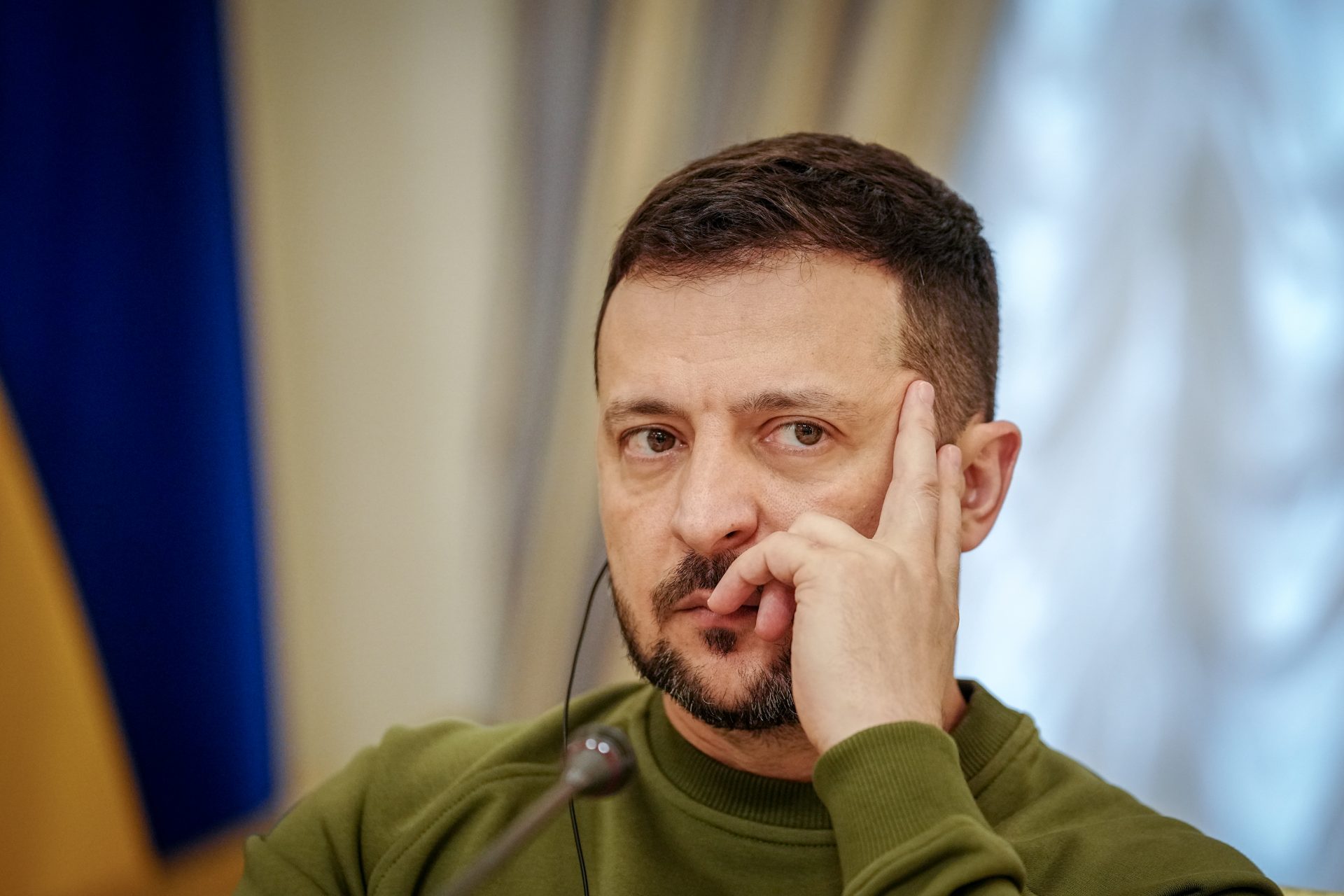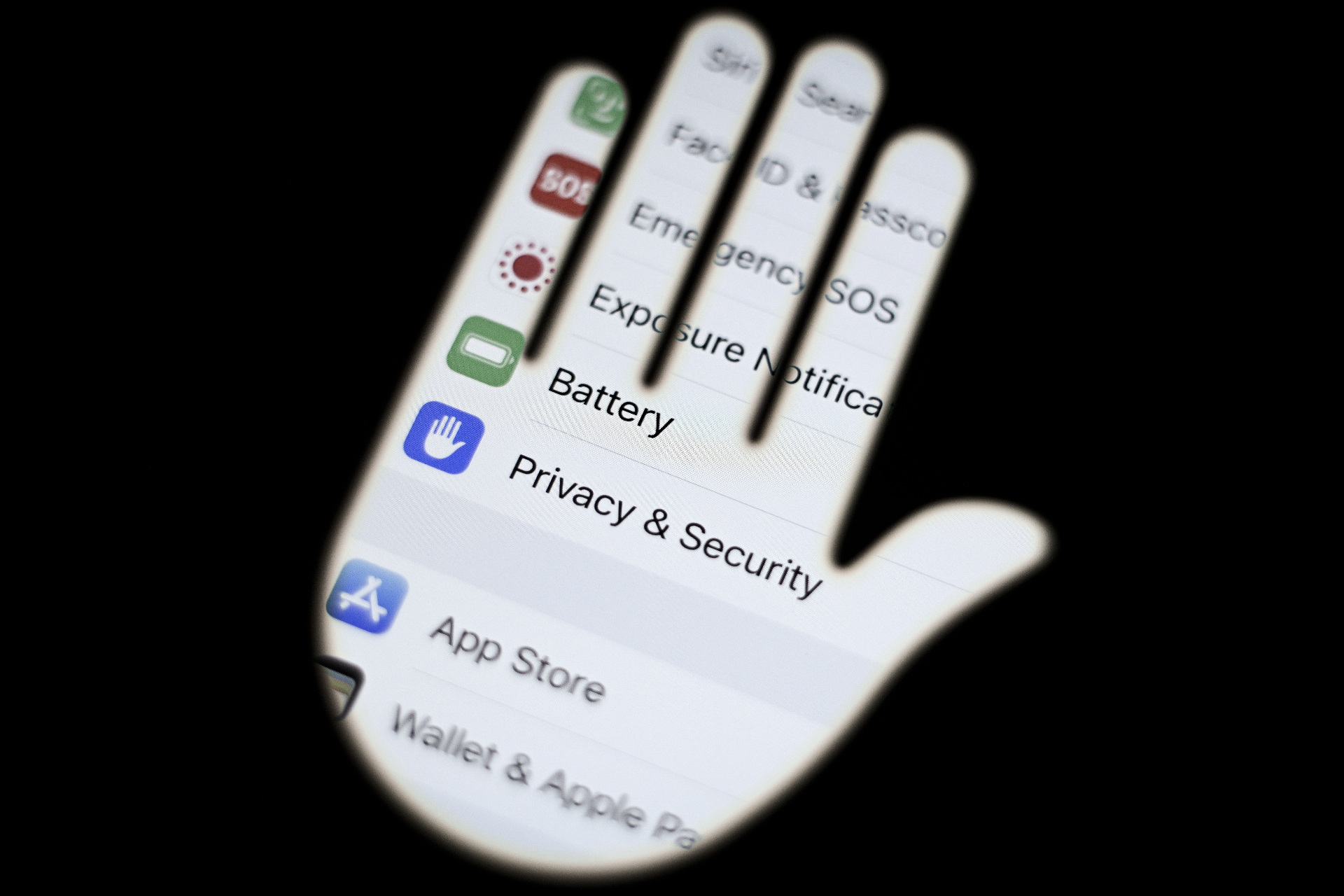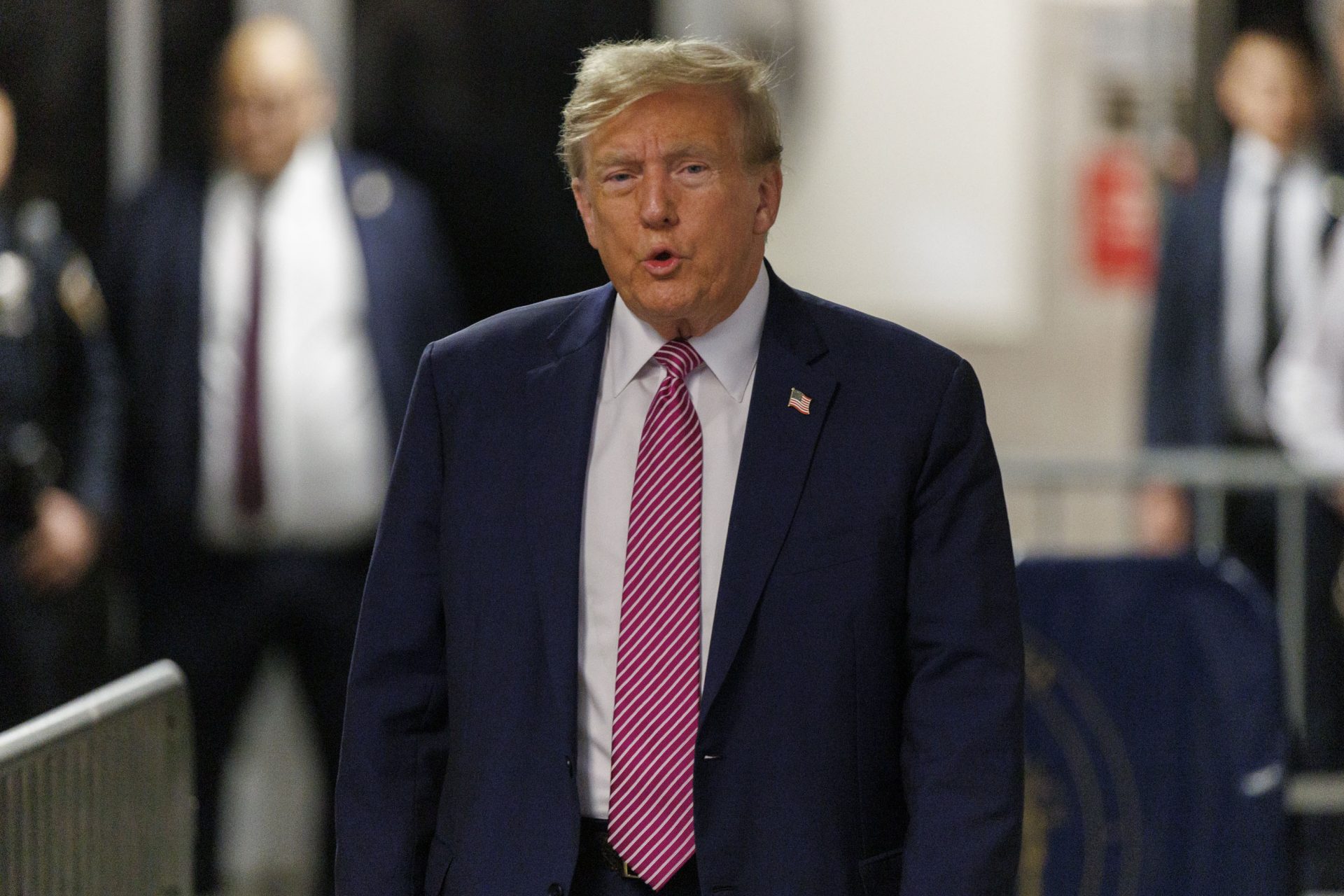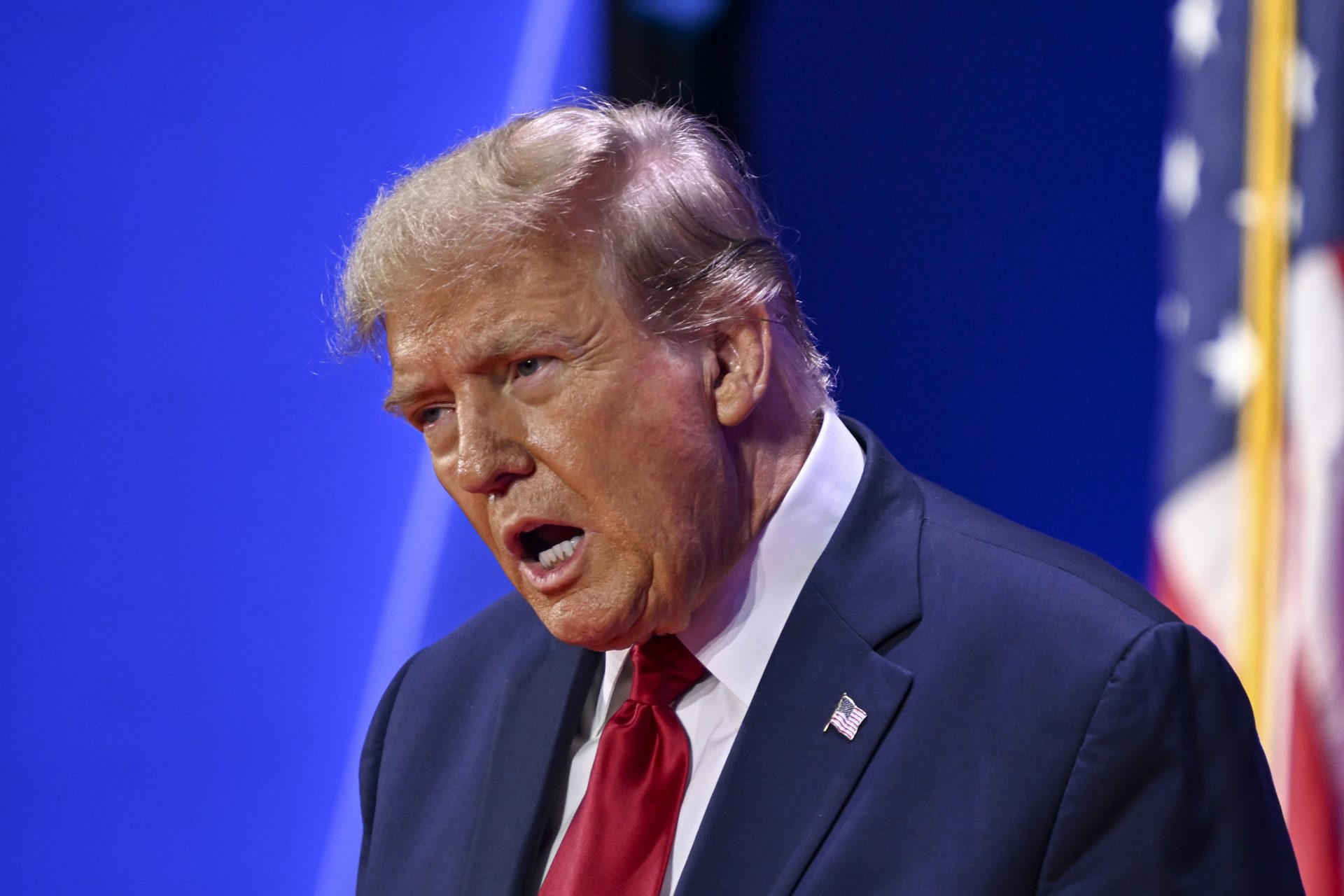The Rise and fall of Mario Draghi, from 'Euro savior' to Italy's unlikely Prime Minister
Mario Draghi, Italy's Prime Minister, resigned on June 21 after serving barely a year and a half in his post. Draghi's departure is the latest landmark in Italy's long-suffering government instability that has defined the post-Berlusconi era.
Draghi announced his intention to resign to the Italian legislature on July 21, after the Five-Star Movement declared it would no longer support his government due to differences in economic policies.
Despite having his resignation rejected by the Italian President, Draghi formally resigned on July 21 after failing to reach a confidence vote in the Congress the day before.
But who is Mario Draghi? What is his history? And what will you do from now on? Let's find out together.
Mario Draghi was born in Rome, in the Pinciano district, on 3 September 1947. His childhood was marked by tragedy: At age 15, he lost his father Carlo, a banker for the Banca Nazionale del Lavoro, and his mother Gilda, a pharmacist.
The young Draghi and his younger siblings, Andreina and Marcello, were raised by a paternal aunt. The future PM still felt a deep sense of responsibility to his siblings.
In a 2015 profile interview granted to Die Zeit in 2015, recalled this time in his life: “I remember when, at 16, I returned from vacations with a friend. He went home and could do whatever he wanted. On the contrary, I had to deal with piles of letters and unpaid bills. But young people don't think too much about what they are dealing with. They just do it”.
In Rome, Draghi attended the Massimiliano Massimo Institute, an exclusive jesuit school just a few steps from the Basilica of St. Peter and Paul.
Photo: PaoloGeno, CC BY-SA 3.0 <https://creativecommons.org/licenses/by-sa/3.0>, via Wikimedia Commons
In 1970 he graduated in Economics with honors from the La Sapienza University of Rome, discussing a thesis on the Werner Plan, entitled 'Economic integration and change in exchange rates'.
Ironically, the future president of the European Central Bank presented a critical view of the project of a common currency, arguing that the conditions for a single market did not exist. At least, at the time.
After completing his studies at Sapienza, he moved to the United States in 1971, to study at the Massachusetts Institute of Technology, where he obtained his doctorate in 1976.
Draghi's doctoral thesis, entitled 'Essays on Economic Theory and Applications', focuses on currency devaluation and the choice between long-term growth and short-term objectives. His conclusion is still relevant today: “if you follow a short-term stabilization path, the long-term ideal will never be reached”.
Photo: Markus Spiske / Unsplash
Paul Krugman in The New York Times counts Draghi in the so-called “MIT Gang”, a group of economists trained at MIT in the 1970s such as former IMF chief economist and former Federal Reserve Vice Chair Stanley Fischer.
Photo: Yuhan Du / Unsplash
Little is known about Mario Draghi's family. In 1973, he married to Maria Serena Cappello, an aristocrat who is descended from Bianca Cappello, consort of Grand Duke Francesco de Medici of Tuscany. They have two children: Francesco and Giacomo.
Draghi is nicknamed 'the American', due to the time he spent living stateside. Another nickname? 'The Professor' and for a good reason: From 1975 to 1978 he taught in universities in Trento, Padua, Venice, and Florence.
Photo: Jonathan Körner / Unsplash
In Florence, Draghi held tenure as a Professor of Economics and Monetary Policy from 1981 to 1991. Around the same time, he takes his first steps into politics, which eventually would lead him to head the Italian government.
In 1983, he became an advisor to Giovanni Goria, the Italian Minister of Finance at the time. On the international front, in 1984 he was appointed executive director of the World Bank, a position he held until 1990.
Photo: Groucho85, CC BY-SA 3.0 <https://creativecommons.org/licenses/by-sa/3.0>, via Wikimedia Commons
The late 80s and 90s was a time of privatization for many European countries, and Italy was no exception. Draghi, head of the Treasury from 1991 to 2001, took a controversial leading role in applying these policies.
Photo: Unknown authorUnknown author, Public domain, via Wikimedia Commons
In fact, from 1993 to 2001 he was Chairman of the Privatization Committee, receiving accusations of having 'sold out' state enterprises. Important Italian companies such as IRI, Telecom, Eni and Enel were privatized under his watch.
One of his earliest controversies happened in June 1992, when he was criticized for attending a party on board of Queen Elizabeth II's yacht, 'Britannia'. Draghi, who claims did a quick appearance to show his respects, was seen by many as fraternizing with foreign banks and investors.
During this time, Draghi was on the board of directors of several public enterpresides such as the oil and gas company ENI, the public holding company IRI, the Banca Nazionale del Lavoro and the Istituto Mobiliare Italiano.
In 1998, the 'Draghi Law' entered into force in Italy. It sought to regulate the takeover bids on public companies, limiting those who wanted to buy more than 30% of a company and corporations listed on the stock exchange.
The Draghi Law was put to the test in 1999, with the bid of Roberto Colaninno's Olivetti (seen on the right) on Telecom, to make the largest telecommunications enterprise in Italy. The dissolution of IRI and the privatizations of ENI, among others, soon followed.
Another controversial chapter of Mario Draghi's life was in 2002 when he became vice chairman and managing director for Europe of Goldman Sachs, the fourth-largest investment bank in the world. From 2004 to 2005, he was a member of the group's executive committee.
Draghi was accused of being involved in the swaps organized by Goldman Sachs with the Greek government, profiting from the Greek Debt Crisis. However, Reuters points out the deal was done in 2001 before Draghi came on board to the US investment bank.
In 2005, he was appointed Governor of the Bank of Italy for a six-year term. After it ended in 2011, his candidacy bid to lead the European Central Bank was approved, making him the Chairman of the European Central Bank.
As chairman of the European Central Bank, Draghi found himself having to deal with the financial crisis risking the stability of the euro.
As a response to the financial crisis, Draghi delivered a famous speech on July 26, 2012, where he promised he would do 'whatever it takes' to save the euro.
The ECB responded with a policy of quantitative easing, an unconventional measure where a central bank acquires securities to ease interest rates and stimulate the economy. Draghi earned yet another nickname: The savior of the euros'.
For his action leading the European economy, he was named 'Man of the year' by the British newspaper Financial Times in 2012.
Mario Draghi's term as Chairman of the European Central Bank ended in October 2019. He was succeeded by France's Christine Lagarde. “It is time to have more Europe, not less. We need a stronger Europe,” he said in his farewell speech.
In February 2021, with the Covid-19 pandemic raging on and in the middle of a government crisis in Italy, the President of the Republic, Sergio Mattarella, entrusts him with the formation of a new government, “a high-profile government”.
Draghi had already been approached to become Prime Minister in 2008, as a possible successor to Romano Prodi. Maybe he was bidding his time?
The question now is what will be the next move by the former Prime Minister. In any case, he will remain in office until the next elections, on September 25.
Turning 76 in September, it seems unlikely he will join the ranks of any political party to run for the upcoming elections, despite having the necessary support to win. Maybe retirement is more tempting?
There is speculation that he might succeed Mattarella as President of the Republic, but that would take a seven-year wait.
A more possible patch is being appointed as NATO Secretary General. After all, Jen Stoltenberg's term ends on September 2023, although it could be further extended as it happened in 2022 and 2022.
Yet another alternative is that Mario Draghi could succeed Ursula von der Leyen as President of the European Commission. Her term ends on October 31, 2024.
Until elections are held on September 25, Draghi will continue to lead the Italian government as interim Prime Minister. In any case, there will be probably enough on his plate at the moment to think about what comes after.
More for you
Top Stories










































